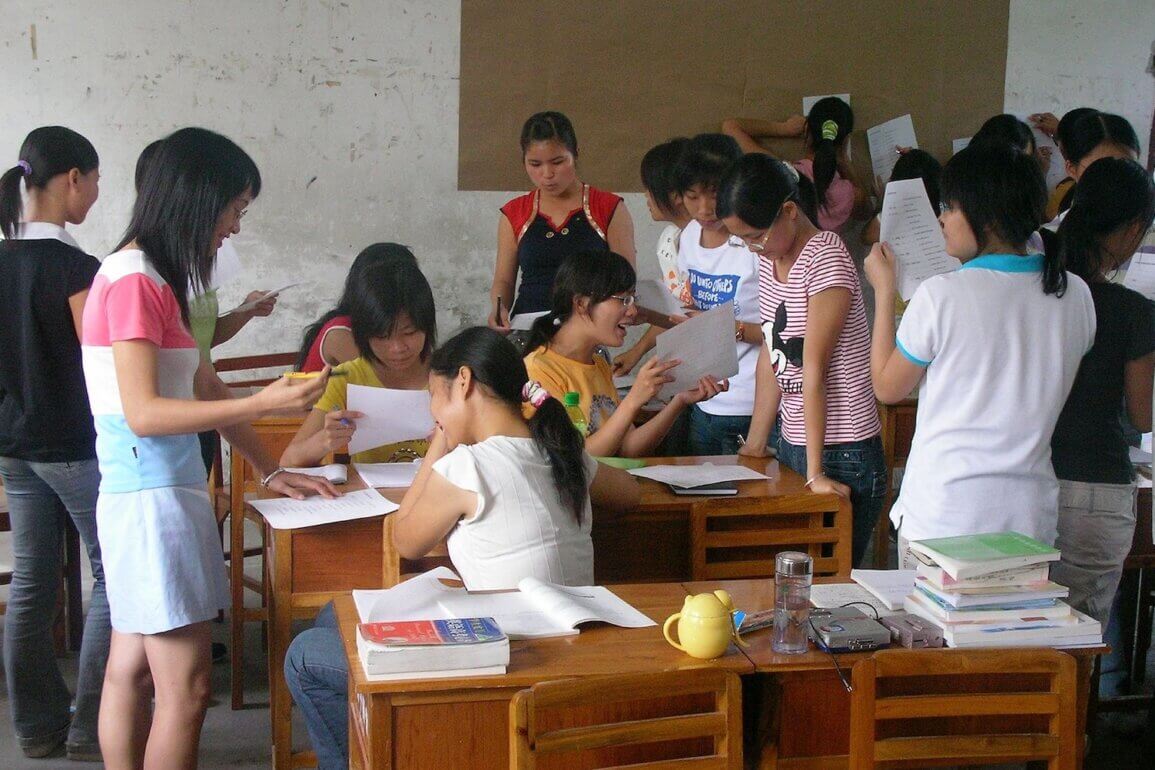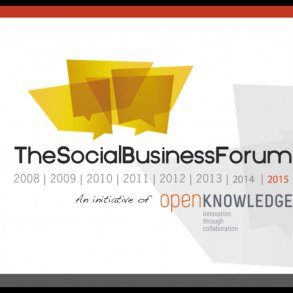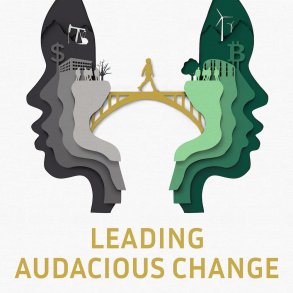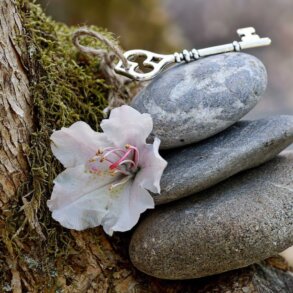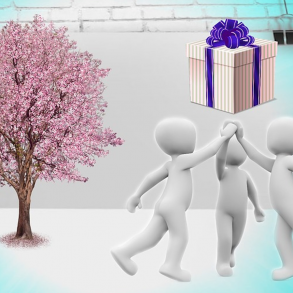By Jean-Paul Munsch for Enlivening Edge Magazine
Jean-Paul will be the Storyteller for Enlivening Edge ‘s First-Thursday Community Conversation on March 2. He’ll share how Teal teacher training is exhausting, incredibly enjoyable, and not always comfortable for the instructors. Register by February 26 to receive access information. Find other EE Magazine articles by or mentioning Jean-Paul here.
Progress in the education system means, to me at the moment, an entanglement of a bureaucratic logic and a logic of increase. According to the theory of Spiral Dynamics this includes a progress from the Blue worldview to the next stage of development, the Orange worldview. We can observe “stagflation” in the education system: the inflationary use of bureaucracy and the stagnation (or even decline) of learning effects.
So a leap in development is needed to overcome the old patterns of “more of the same.” Is there leverage for doing so? According to John Hattie’s studies and meta-analyses, the critical and essential factor in the development of the educational system is the teacher.[1]
That leverage, using that crucial and essential factor, was the reason why I, together with a friend, launched a teacher education training (https://hfab.ch) that sees learning and personal development of the teacher him/herself as the guiding principle of teacher education at all times.
In doing so, the three cornerstones of a Teal organization according to Laloux—evolutionary purpose, wholeness and self-management—are integrated into the university and into the training. The student-teachers manage their way through the three years of teacher training on their own. The goals of study are given according to state requirements. The path to reach these goals is taken by the students on their own, yet they are supported by their peers, by lecturers, as well as by a personal coach and the people at the school where they work.
Our student-teachers work in a school as a teacher from the first day of their studies. Three days a month, during the so-called Campus days, issues of practice are discussed and practical knowledge is imparted. Our Campus days are a reflective, safe space where students receive input, support, and response to their current day-to-day school challenges.
As we all bring our whole human being into check-in rounds and into sharing our needs, beliefs, and questions, we do create a community of wholeness and development. Our university which provides this teacher training is focused on our purpose, which is: We connect so that development plays.
In practical terms, this means that we all understand ourselves as learners and show ourselves as human beings: self-reflective, vulnerable, and trust-giving. When everyone in the system sees themselves as learners with a learning attitude, a development-oriented education[2] and a learning community emerges that is supported by openness, trust, joy in learning, and watching one’s own development process.
We have been running our teacher training for three years and we can see that our prototype works well. The biggest challenge was (and still is) to find a balance between guidance and self-management so that learning can thrive in an environment that also ensures goal achievement. Our biggest successes are that state teacher trainings have begun to copy our model and that our teacher-students’ desire to learn is still present.
For more information about the project and for regular blog posts (in German) see: https://hfab.ch
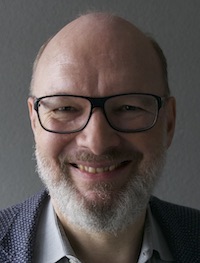
Dr Jean-Paul Munsch’s focus is on organizational, team, and personal development. He is accompanied by questions of psychological safety, connectedness & organizational identification, and human development. https://www.munsch-coach.ch/en/ https://hfab.ch
References:
[1] https://visible-learning.org/john-hattie/
[2] The german term for education is «Bildung» and implies also wholeness, cultural development, and reflexivity. See also: https://de.wikipedia.org/wiki/Entwicklungsorientierte_Bildung
Featured Image by andros1234 from Pixabay
